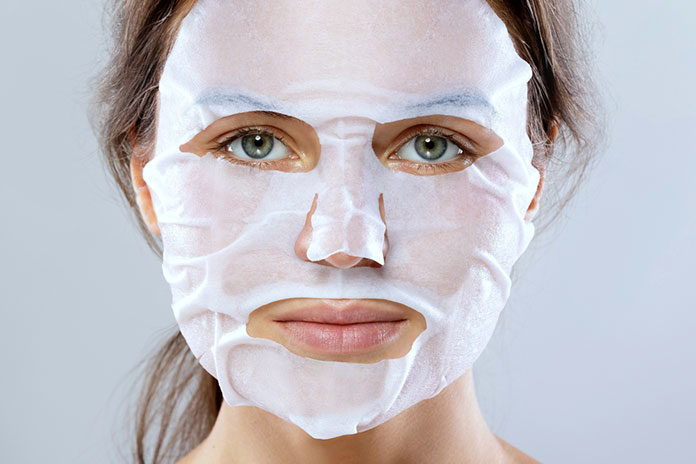 The face mask is a type of a cosmetic that is rich in active ingredients that instantly improve the condition and appearance of the skin. It soothes irritations, moisturizes, cleanses, smoothes out wrinkles and that’s not the end of its beneficial effects. If you do not know how to choose a face mask and how to apply it correctly, read this post. It will also discuss types of face masks, especially sheet face masks, cream masks and the ones recommended for the eye area.
The face mask is a type of a cosmetic that is rich in active ingredients that instantly improve the condition and appearance of the skin. It soothes irritations, moisturizes, cleanses, smoothes out wrinkles and that’s not the end of its beneficial effects. If you do not know how to choose a face mask and how to apply it correctly, read this post. It will also discuss types of face masks, especially sheet face masks, cream masks and the ones recommended for the eye area.
How to choose a face mask?
When choosing a face mask, criteria such as type, age and skin problems should be taken into account. There are four basic types of skin: dry, combination, oily and normal. When we choose a face mask according to the age of the skin, we can opt for a mask intended for young skin or an anti-wrinkle one. Skin problems include acne, dehydrating or dilated capillaries.
How to use a face mask?
Face masks should be used as recommended on the packaging, which may depend on the type, age and the problem of the skin or mask composition. And yes – face masks are to be used from one to several times a week. They should be applied to the cleansed face and washed after the time specified on the packaging. In order for the face mask to be effective, leave it on the skin until all active ingredients penetrate it. Since there is no one universal answer to the question of how to use a face mask, please read the instructions provided with it before applying each one.
Types of face masks
There are many types of face masks. The most popular are sheet masks, creamy mask and under the eyes patches.
- Sheet Masks
they are usually made of nonwoven, bio-cellulose or gel. Because they adhere perfectly to the skin, they enable effective penetration of nutrients into it. Sheet Masks are very comfortable to use. - Cream Masks
you can spread it on those parts of the facial skin that require care, for example, on;y to the same T-zone. - Under Eye Masks
they are often chosen because the skin under the eyes is much thinner than on the other parts of the face, so it requires special care.
















Leave a Reply